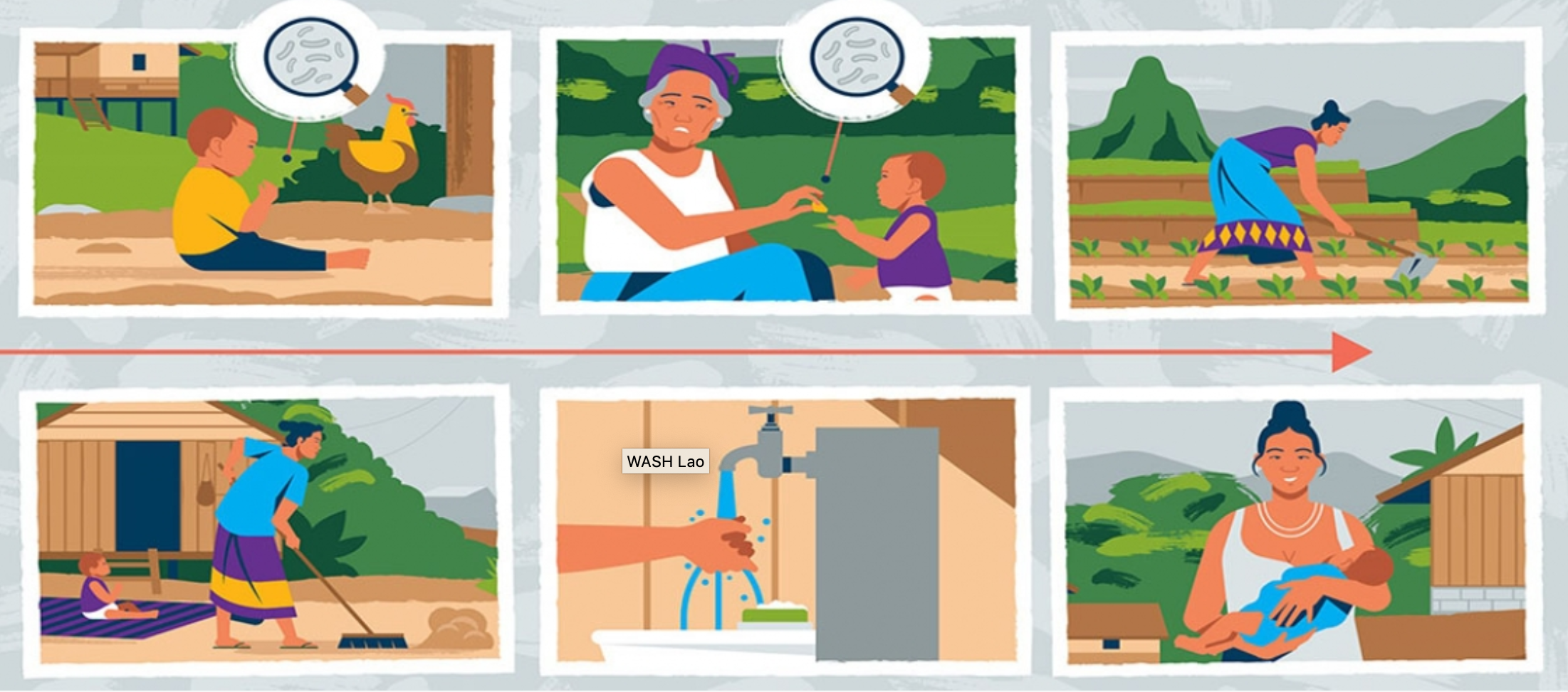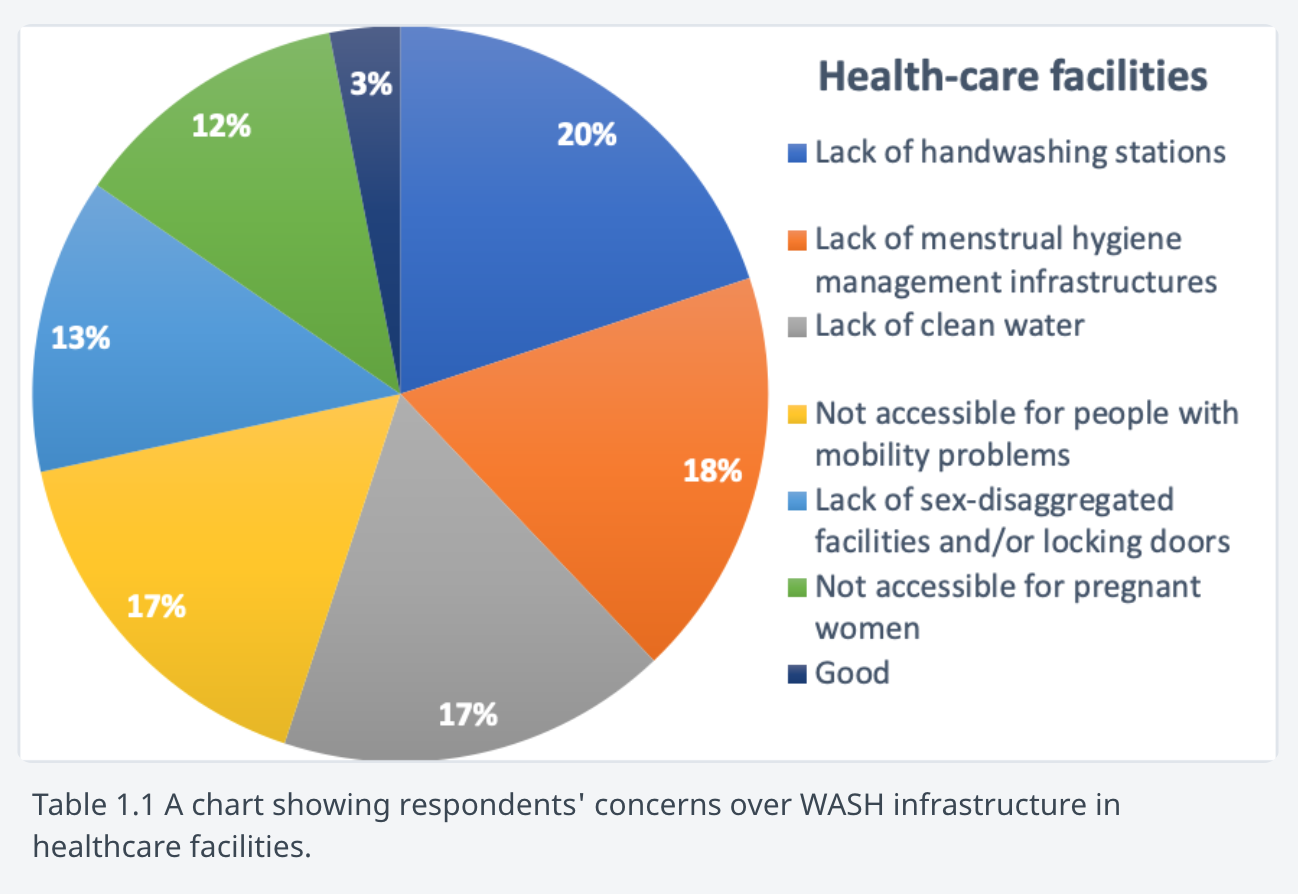In Laos, addressing childhood stunting.

The World Bank’s Baby Wash program includes useful innovations to help reduce childhood stunting – a permanent and devastating condition.

The World Bank’s Baby Wash program includes useful innovations to help reduce childhood stunting – a permanent and devastating condition.

A recent WaterAid blog post shared research data on the gendered impacts of the Covid-19 pandemic on women and girls. WASH access is highly influenced by social inequalities.

The report can be downloaded here.

Textile production pollutes water and generates more emissions than all international flights and maritime shipping combined, according to a 2017 report by the Ellen MacArthur Foundation. Scientists have been working on ways to reduce the impact of pollution and improve dyeing processes.

Textile production pollutes water and generates more emissions than all international flights and maritime shipping combined, according to a 2017 report by the Ellen MacArthur Foundation. Scientists have been working on ways to reduce the impact of pollution and improve dyeing processes.

TI and DRI report on our research into WASH in Healthcare facilities.
TI is working with the Desert Research on building a toolbox to improve sustainability of WASH in Healthcare facilities. Poor WASH affects quality of patient case and safety of staff, patients, and families. Our research started with a landscape review (and appendix) of existing literature. We then spent 3 weeks in Malawi in November 2019 collecting data at all the clinics and hospitals (both govt run and faith-based) in Rumphi District. Our report has led to important insights on the barriers affecting sustainability.